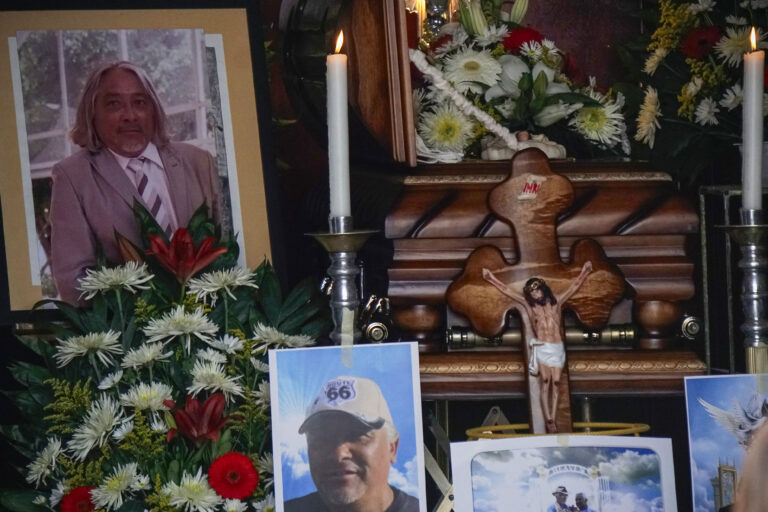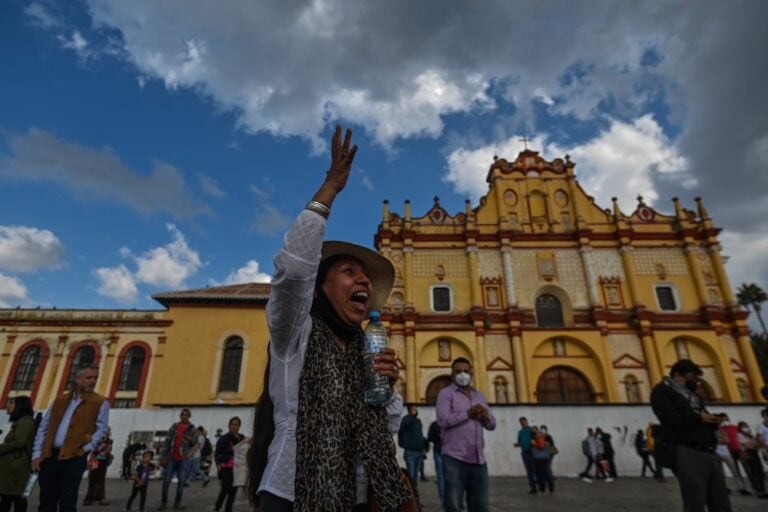A court in Cancún, in the southeastern state of Quintana Roo, ordered the release of Pedro Canché on the night of 28 May after ruling that his continuing detention violated his rights in the absence of evidence against him.
This statement was originally published on rsf.org on 3 June 2015.
Reporters Without Borders is relieved by Mayan journalist and activist Pedro Canché’s release after nearly nine months in prison and hails the judicial decision that freed him.
A court in Cancún, in the southeastern state of Quintana Roo, ordered his release on the night of 28 May after ruling that his continuing detention violated his rights in the absence of evidence against him.
Canché had been held ever since his arrest on 30 August on an absurd charge of sabotage in Felipe Carrillo Puerto, a small town in Quintana Roo. He had remained in detention although a judge had ruled on 24 February that that the proceedings were flawed.
In a brief interview for Reporters Without Borders, Canché said: “I feel this is a victory for freedom of expression and I’m very happy. It’s like being reborn. At the same time, I also feel a bit strange every now and again. I’m afraid it could be repeated. I have the impression I’ve lost five years.”
Quintana Roo’s governor, Felipe Carrillo Puerto’s mayor and the judicial apparatus were given until 1 June to implement or reject an 11 May recommendation by the National Commission on Human Rights that Canché should be given an apology and compensated, and that local officials should attend human rights and free speech workshops.
“We are relieved by Pedro Canché’s release,” said Claire San Filippo, the head of the Reporters Without Borders Americas Desk. “We urge Quintana Roo governor Roberto Borge to accept and implement the human rights commission’s recommendations. This journalist should now be given compensation and an apology.”
Canché was sponsored by the Spanish section of Reporters Without Borders, which presented his and his family’s account of events on 3 May, World Press Freedom Day.
Mexico is ranked 148th out of 180 countries in the press freedom index that Reporters Without Borders published in February.


